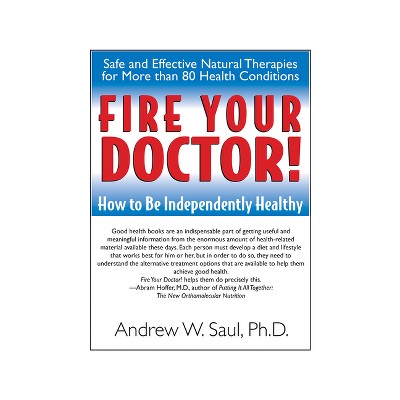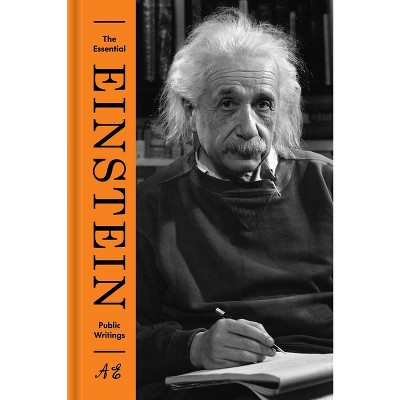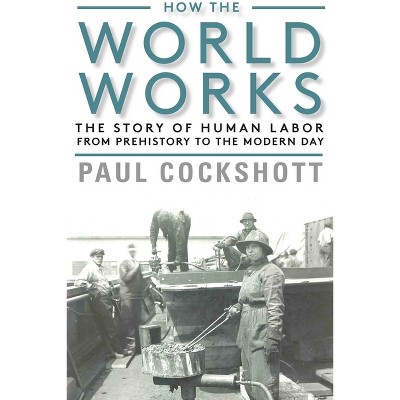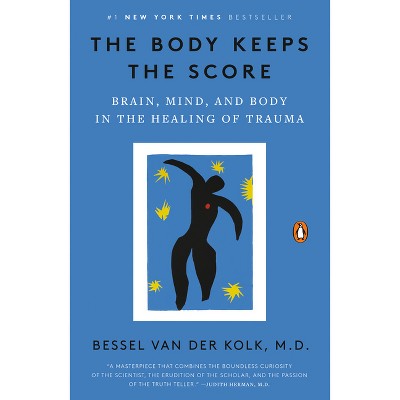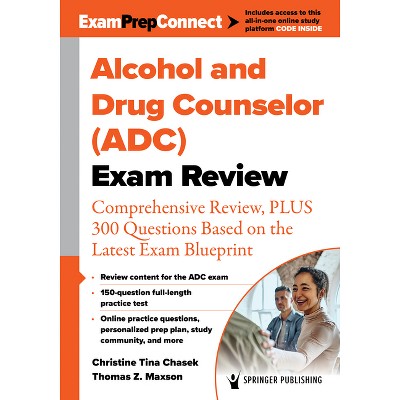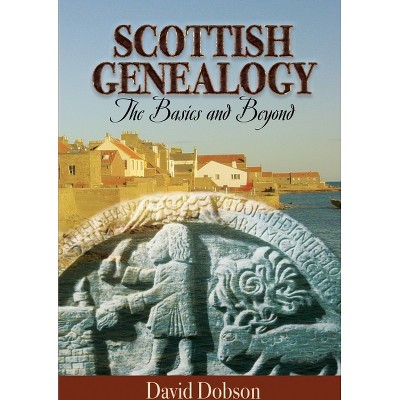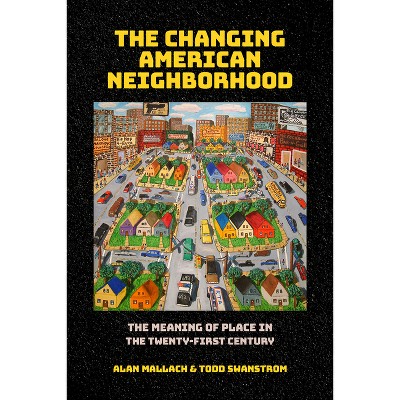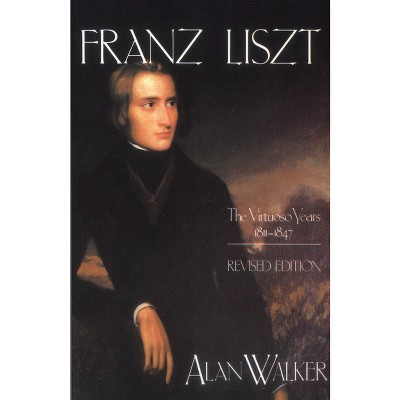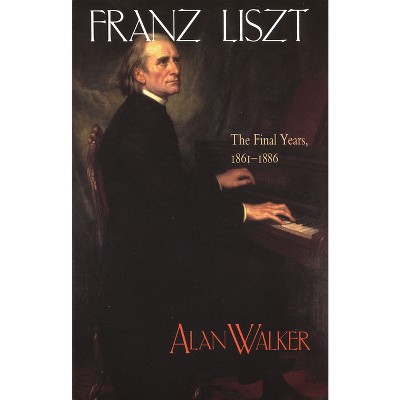Sponsored

Black Lung - by Alan Derickson (Paperback)
In Stock
Sponsored
About this item
Highlights
- In the definitive history of a twentieth-century public health disaster, Alan Derickson recounts how, for decades after methods of prevention were known, hundreds of thousands of American miners suffered and died from black lung, a respiratory illness caused by the inhalation of coal mine dust.
- About the Author: Alan Derickson is Professor of Labor and Employment Relations and History at Pennsylvania State University.
- 256 Pages
- Medical, Pulmonary & Thoracic Medicine
Description
About the Book
In the definitive history of a twentieth-century public health disaster, Alan Derickson recounts how, for decades, the combined failure of government, medicine, and industry to halt the spread of black lung disease--and even to acknowledge its existence--resulted in a national tragedy, the effects of which are still being felt.
Book Synopsis
In the definitive history of a twentieth-century public health disaster, Alan Derickson recounts how, for decades after methods of prevention were known, hundreds of thousands of American miners suffered and died from black lung, a respiratory illness caused by the inhalation of coal mine dust. The combined failure of government, medicine, and industry to halt the spread of this disease--and even to acknowledge its existence--resulted in a national tragedy, the effects of which are still being felt.The book begins in the late nineteenth century, when the disorders brought on by exposure to coal mine dust were first identified as components of a debilitating and distinctive illness. For several decades thereafter, coal miners' dust disease was accepted, in both lay and professional circles, as a major industrial disease. Derickson describes how after the turn of the century medical professionals and industry representatives worked to discredit and supplant knowledge about black lung, with such success that this disease ceased to be recognized. Many authorities maintained that breathing coal mine dust was actually beneficial to health.Derickson shows that activists ultimately forced society to overcome its complacency about this deadly and preventable disease. He chronicles the growth of an unprecedented movement--from the turn-of-the-century miners' union, to the social medicine activists in the mid-twentieth century, and the black lung insurgents of the late sixties--which eventually won landmark protections and compensation with the enactment of the Federal Coal Mine Health and Safety Act in 1969. An extraordinary work of scholarship, Black Lung exposes the enormous human cost of producing the energy source responsible for making the United States the world's preeminent industrial nation.
Review Quotes
An important contribution to the history of the coal industry and its economic and social impact.... Derickson focuses on the health consequences of mining coal, tracing the scientific, medical, labor, and political histories of black-lung disease, the respiratory illness caused by breathing coal dust. Perhaps most disturbing is Derickson's assertion that the effects of exposure to coal dust were known at the turn of the century and that preventative measures could have been implemented; instead, millions either died or suffered the debilitating effects of the disease.
-- "Booklist"Derickson provides a detailed chronicle of the consequences of the social, political, medical, and economic forces that supported and delayed recognition of black lung as a preventable disease.... His book offers a concise and comprehensive account of a national tragedy with heavy financial and human cost.
-- "Choice"Derickson's dissection of this public health disaster leaves the reader cringing.... It is a solid professional history. Derickson's story is well documented with an impressive range of published sources, archival documents, and oral interviews.... This book is an impressive contribution to occupational health history, to labor history, and to United States history in general.
-- "American Historical Review"Historians from many fields will want to read this book.... Labor historians will want to weigh Derickson's sophisticated take on the unions' on-again, off-again advocacy of health issues. Medical historians will find a quite literal example of the 'social constructedness' of disease. And most readers will find renewed appreciation for the men who spent half their lives gasping for breath, that a nation might light its cities and heat its homes.
-- "Pennsylvania History"In a richly researched and brilliantly argued work, Derickson shows how health professionals' obsession with silicosis prevented the recognition of coal workers pneumoconiosis (CWP) as a distinct disease entity, and how it took substantial effort by the workers themselves to force it onto the public agenda.... This is an impressive book and one that should be read by a wide audience.
-- "Labor History"This volume is a significant contribution to American labor history and to the history of occupational health, but it is also an important cautionary tale whose implications for today's 'science wars' should not go unnoticed.... Derickson has written an important book, worthy of the attention of all medical historians.
-- "Bulletin of the History of Medicine"About the Author
Alan Derickson is Professor of Labor and Employment Relations and History at Pennsylvania State University. His book Workers' Health, Workers' Democracy: The Western Miners' Struggle, 1891-1925 was the recipient of the Philip Taft Labor History Award. He is the author most recently of Dangerously Sleepy: Overworked Americans and the Cult of Manly Wakefulness.
